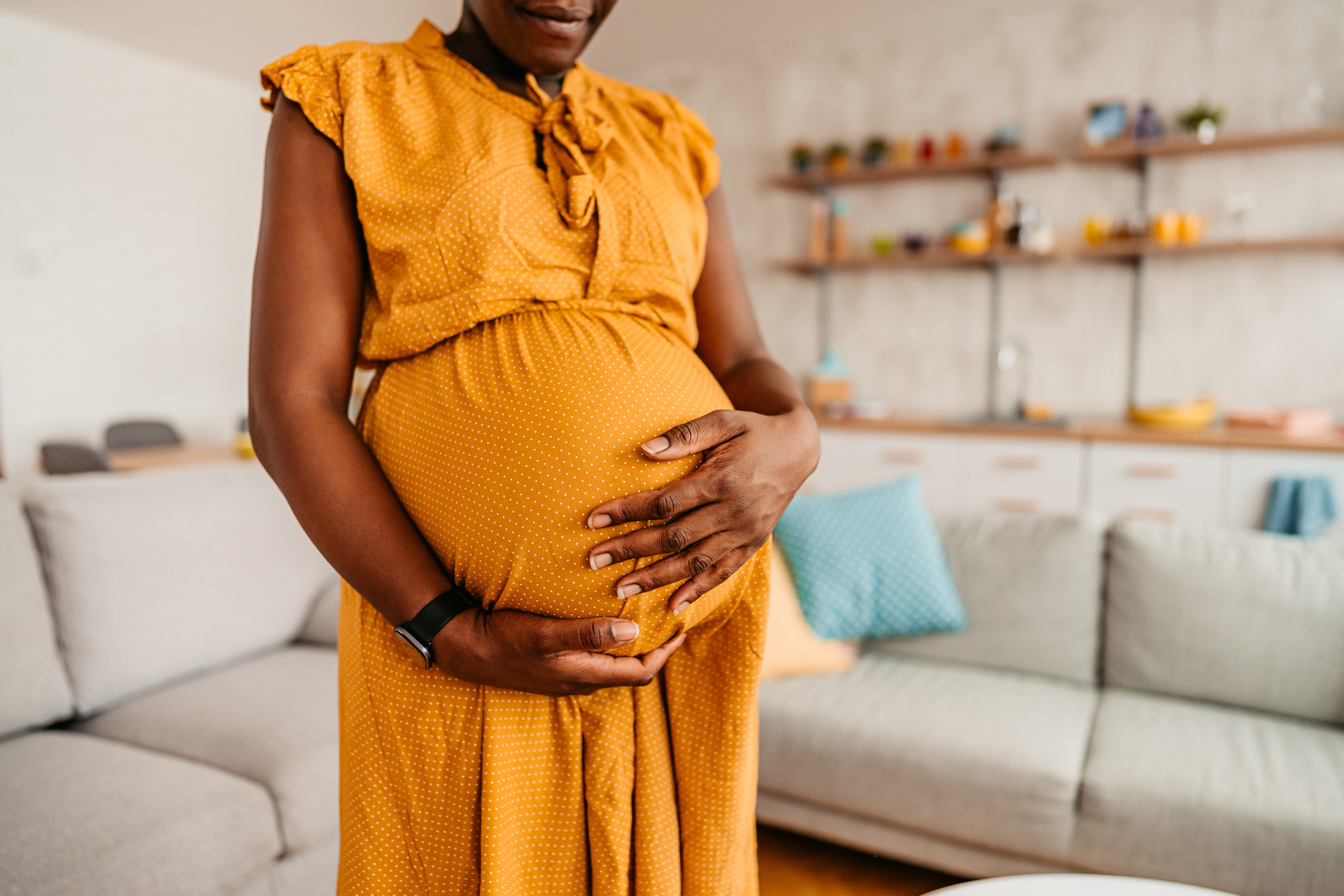When people talk about Black motherhood, they talk about joy, strength, and resilience. But it’s important to not overlook the challenges that too often also come with it. Black Maternal Health Week (BMHW) founded in 2018 by the Black Mamas Matter Alliance (BMMA) is from April 11–17. This time is used to center these realities and push for change. It is all about raising awareness, amplifying Black voices, and advocating for better care for Black mothers and birthing people.
Why Was Black Maternal Health Week Created?
For years, studies and real-life experiences have shown that Black women face severe disparities in maternal healthcare. Black women in the U.S. are nearly three times more likely to die from pregnancy-related complications than white women. This is not due to biological differences but because of systemic racism, implicit bias in healthcare, and a lack of access to quality care.
Black Maternal Health Week exists to raise awareness. Many people don’t realize just how serious the Black maternal health crisis is. It also aims to push for policy changes, with advocacy efforts focusing on issues like expanding Medicaid, increasing access to midwives and doulas, and holding healthcare providers accountable for racial biases. At the same time, BMHW is about celebrating Black motherhood and creating spaces where Black mothers feel heard and valued.
The Reality of Black Maternal Health
It’s a tough pill to swallow, but the statistics don’t lie. According to the CDC, 80 percent of pregnancy-related deaths are preventable. Yet, Black women continue to experience higher rates of severe pregnancy complications. The reasons include implicit bias in medicine, as studies have shown that Black women’s pain and concerns are often dismissed or downplayed by healthcare providers. There is also a lack of access to quality care, with many Black women living in areas with fewer hospitals and fewer Black healthcare professionals who understand their unique needs. Additionally, chronic stress from racism has had measurable effects on Black women’s health, including during pregnancy.
How You Can Support Black Maternal Health
Whether you’re a mother, planning to become one, or simply want to advocate for change, there are several ways to get involved. Educating yourself and others is a great place to start. Following organizations like the Black Mamas Matter Alliance (BMMA) can help you stay informed. Supporting Black birth workers is another important step, as doulas and midwives play a crucial role in improving Black maternal health outcomes. You can also advocate for policy change by pushing for laws that expand Medicaid coverage, improve hospital accountability, and support Black maternal health initiatives. Lastly, speaking up is essential. If you or a loved one feels unheard by a healthcare provider, don’t hesitate to advocate for proper care or seek a second opinion.
Despite the challenges, Black motherhood is beautiful and sacred. Black Maternal Health Week is about more than statistics and advocacy. It’s about honoring the strength, resilience, and love that Black mothers bring to the world every day.
